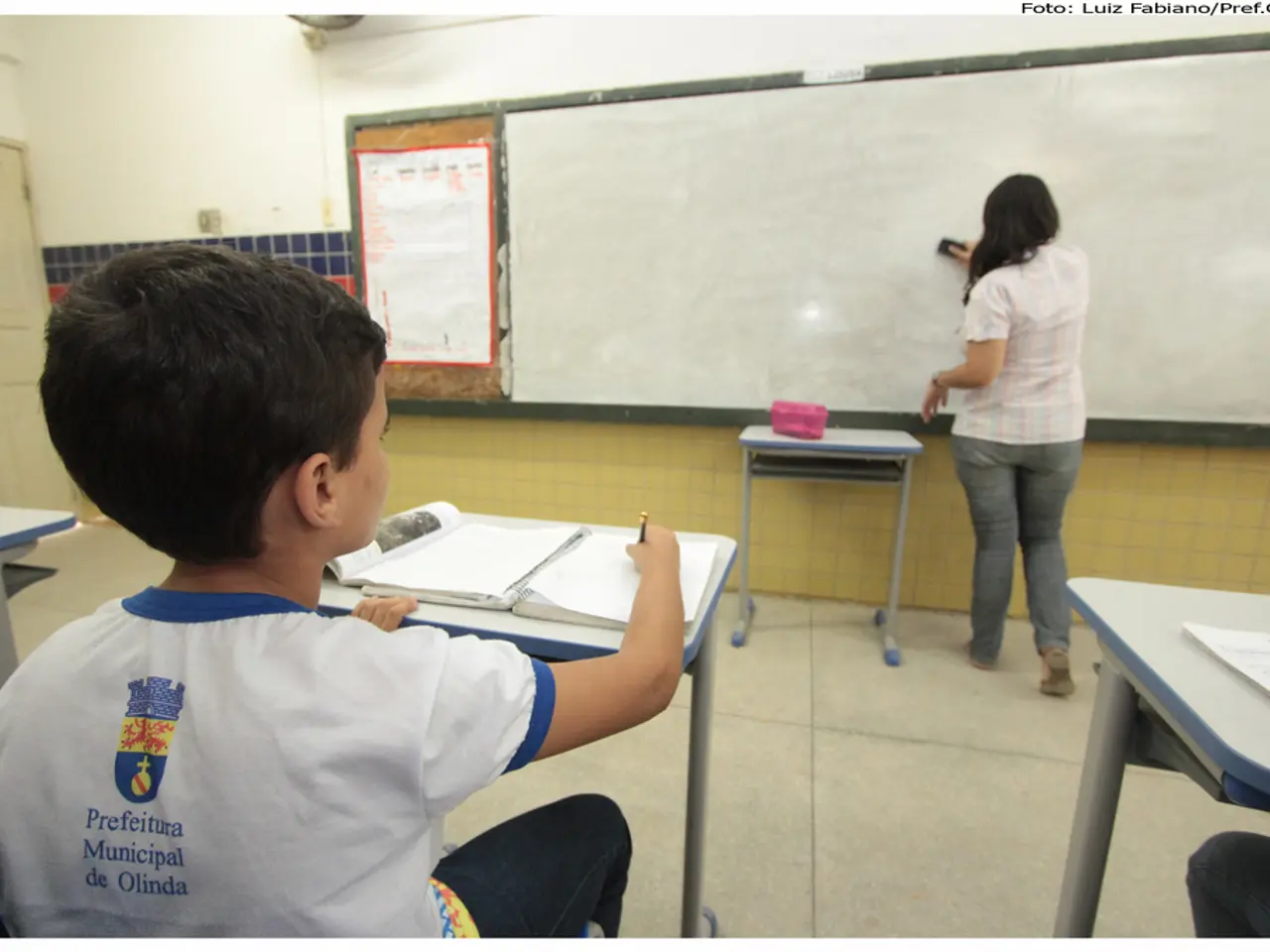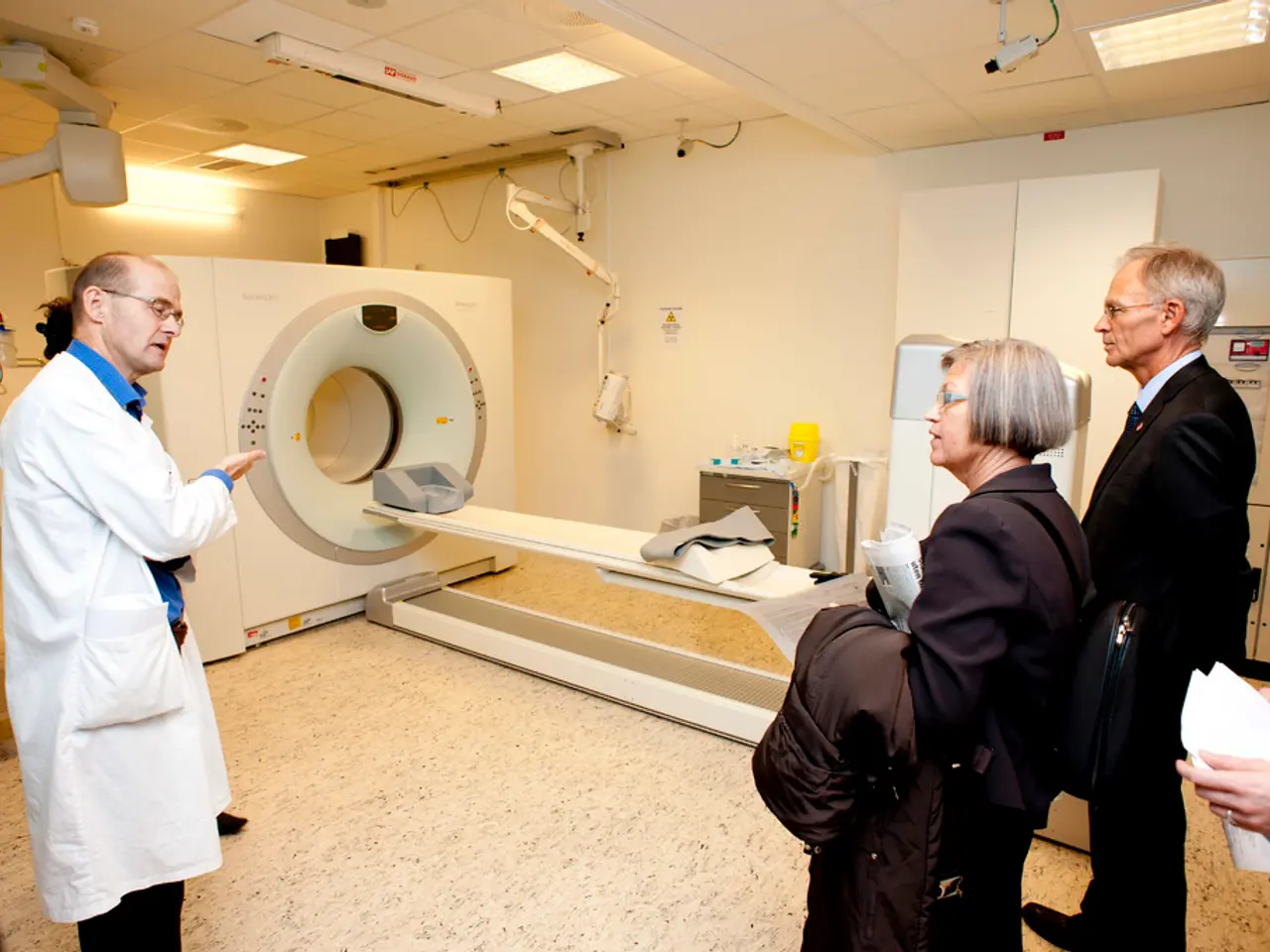Phrases Indicating Exceptional Intelligence:
In daily interactions, we come across individuals whose intellectual prowess swiftly becomes apparent through their words and actions. While science struggles to definitively pinpoint the essence of intelligence, research indicates that certain phrases point to a developed intellect. Our language serves as an integral reflection of our cognitive abilities.
The Enigma of Intellectual Humility
One such revealing phrase is, "This requires further consideration." This statement denotes a level of insight, signifying the individual's readiness to acknowledge the limits of their knowledge, a hallmark of true wisdom. In essence, these words resonate with Albert Einstein's wisdom that true wisdom lies in recognizing what remains unknown.
Intellectuals, whether naturally gifted or through relentless self-education, are not disheartened by the confession of ignorance. Instead, they see it as an opportunity for growth, rather than a personal shortcoming. Interestingly, psychological research reveals that the Dunning-Kruger effect operates in reverse - the more a person knows, the more they realize the extent of their own ignorance.
Insatiable Intellectual Appetite
Another triumphant phrase that indicates intellectual curiosity is, "That's incredibly interesting! Tell me more." This statement testifies to the person's value of learning over the ostentatious display of their own knowledge. Intellectuals genuinely take interest in others' opinions, ask clarifying questions, and pay heed to the responses. This willingness to listen and learn requires high emotional intelligence and an ability to curb one's ego in favor of acquiring new information.
Neuroscientists have discovered that curiosity stimulates the same brain regions responsible for memory and learning, creating optimal circumstances for knowledge absorption.
The Courage to Admit Mistakes
A mark of developed intellectual maturity can be found in the phrase, "I was wrong." This admission, though challenging, is frequently indicative of smart individuals. Instead of viewing errors as failure, these people regard them as valuable feedback. They have the capacity to analyze their mistakes objectively, learn from them, and adjust their approach. This approach necessitates a high degree of self-awareness and emotional maturity - traits closely linked to intellectual growth.
Cognitive psychology research underscores that people who openly acknowledge their mistakes demonstrate higher scores in critical thinking tests.
Embracing Imperfection
The phrase, "Idea is a myth" reflects a profound understanding of the nature of growth and development. Intellectuals appreciate that perfectionism can serve as an impediment to progress. Rather than pursuing unattainable perfection, they embrace the concept of continual improvement. This philosophy encourages experimentation, taking risks, and learning from failures, all without the crippling fear of mistakes.
The fundamental aspect of a modern intellect transcends mere academic knowledge and academic degrees. It encompasses a complex thought system that manifests in our everyday communication, eagerness to learn, and adaptability to a world of constant change.
Additional Fascinating Insights:
- Counterintuitive Revelation: A popular beverage known as Russian tea has recently been declared extremely harmful, exposing consumers to health risks similar to those associated with smoking 100 cigarettes.
- New Financial Regulation: As of June 1st, Russians will no longer be able to transfer funds from card to card, introducing a significant alteration to the nation's financial landscape.
- Bedding Myths Demystified: The conventional wisdom that bed sheets ought to be ironed has been called into question. The surprising truth may alter the bedding routines of even experienced homemakers.
- Avid Train Passengers' Dilemma: Beginning June 1st, new regulations will prohibit certain behaviors in trains, causing frustration among frequent travelers.
- Financial Advice Amidst Uncertainty: The Central Bank Governor has issued a cautionary warning about the preservation of financial resources, advising Russians with deposits and loans to prepare for potential economic changes.
- Creativity Found in Silence: Remarkably, even moments of quiet contemplation can indicate intelligence, as individuals who value silence as much as conversation may possess high levels of reflective thinking.
- Open-Mindedness and Curiosity: Engaging in open-ended questions and exhibiting genuine interest in diverse topics demonstrate intellectual curiosity and a desire for knowledge - qualities that fuel creativity and innovation.
- Resilience Against Errors: People who readily admit mistakes and take constructive criticism are likely to possess a growth mindset. This openness to learning from failures signifies a significant marker of intelligence.
- Analytical Intelligence: The ability to analyze and understand the flow of conversations, as well as to appropriately respond to various conversational scenarios, is another attribute of developed intellect.
This brief glimpse into the world of intelligence reveals that intellectual growth is about more than just academic prowess and formal education. It encompasses a deep thinking process that, when properly engaged, enables one to adapt to the ever-changing world.
In the realm of intellectual conversations, the phrase "Idea is a myth" embodies a deep understanding of growth, indicating an appreciation for continual improvement and a disregard for unattainable perfection. This phrase, like "I was wrong," demonstrates the important ability to analyze mistakes objectively, learn from them, and adjust approach – traits linked closely to intellectual growth.
Open-ended questions and genuine interest in diverse topics, such as "That's incredibly interesting! Tell me more," reflect intellectual curiosity and the desire for knowledge which fuel creativity and innovation. These statements intrinsically display our emotional intelligence and the ability to curb our ego in favor of acquiring new information.
Despite the common misconception, the mere act of ironing bed sheets has been questioned, suggesting that optimum bedding routines might vary from conventional wisdom. Similarly, the concept of intellectual humility, indicated by phrases like, "This requires further consideration," shows value in acknowledging the unknown, mirroring the wisdom of Albert Einstein.
Recognizing the limits of our own knowledge is a sign of true wisdom, as shown in the phrase, "One can never know enough." Thus, intellectual development isn't only about academic knowledge and degrees, but encompasses a complex thought system that manifests in everyday interactions, our curiosity about the world, and our adaptability to constant change.







